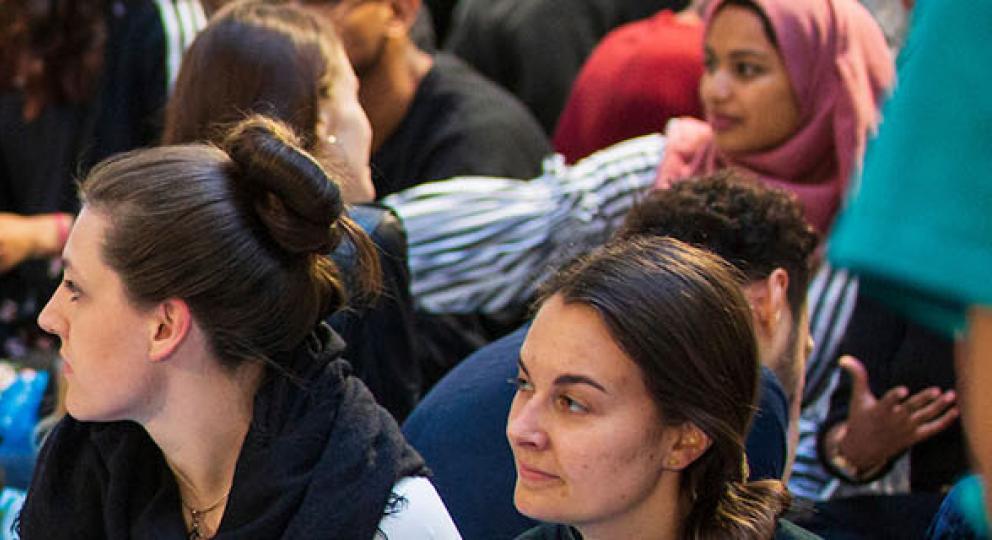Article 9 protects your right to freedom of thought, belief and religion
It includes the right to change your religion or beliefs at any time.
You also have the right to put your thoughts and beliefs into action. This could include your right to wear religious clothing, the right to talk about your beliefs or take part in religious worship. Public authorities cannot stop you practising your religion, without very good reason – see the section on restrictions below.
Importantly, this right protects a wide range of non-religious beliefs including atheism, agnosticism, veganism and pacifism. For a belief to be protected under this article, it must be serious, concern important aspects of human life or behaviour, be sincerely held, and be worthy of respect in a democratic society.
Are there any restrictions to this right?
Public authorities cannot interfere with your right to hold or change your beliefs, but there are some situations in which public authorities can interfere with your right to manifest or show your thoughts, belief and religion. This is only allowed where the authority can show that its action is lawful, necessary and proportionate in order to protect:
- public safety
- public order
- health or morals, and
- the rights and freedoms of other people.
Action is ‘proportionate’ when it is appropriate and no more than necessary to address the problem concerned.
Using this right – example
The European Court of Human Rights has found that a person cannot be forced to demonstrate views or behaviour associated with a particular religion. This means, for example, that public authorities should take care when using procedures that involve the swearing of oaths. A requirement to swear on a religious text, such as the Bible, would breach human rights law. An alternative form of affirmation should be available that isn’t connected with religion.
(Example taken from Human rights, human lives: a guide to the Human Rights Act for public authorities.)
What the law says
This text is taken directly from the Human Rights Act.
Article 9: Freedom of thought, conscience and religion
1. Everyone has the right to freedom of thought, conscience and religion; this right includes freedom to change his religion or belief and freedom, either alone or in community with others and in public or private, to manifest his religion or belief, in worship, teaching practice and observance.
2. Freedom to manifest one’s religion or beliefs shall be subject only to such limitations as are prescribed by law and are necessary in a democratic society in the interests of public safety, for the protection of public order, health or morals, or for the protection of the rights and freedoms of others.
Example case - R (Williamson and others) v Secretary of State for Education and Employment and others [2005]
A group of parents and teachers tried unsuccessfully to use Article 9 to overturn the ban on corporal punishment of children in schools. They believed that part of the duty of education in the Christian context was for teachers to assume the parental role and administer physical punishment to misbehaving children. The House of Lords rejected the case because the parents’ rights under Article 9 were restricted by the need to protect children from the harmful effects that corporal punishment might cause – a punishment that involves deliberately inflicting physical violence. The House of Lords concluded that the vulnerability of children made the legislation necessary and that the statutory ban on corporal punishment in schools pursued a legitimate aim and was proportionate.
(Case summary taken from Human rights, human lives: a guide to the Human Rights Act for public authorities. Download the publication for more examples and legal case studies that show how human rights work in practice.)
Last updated: 03 Jun 2021




